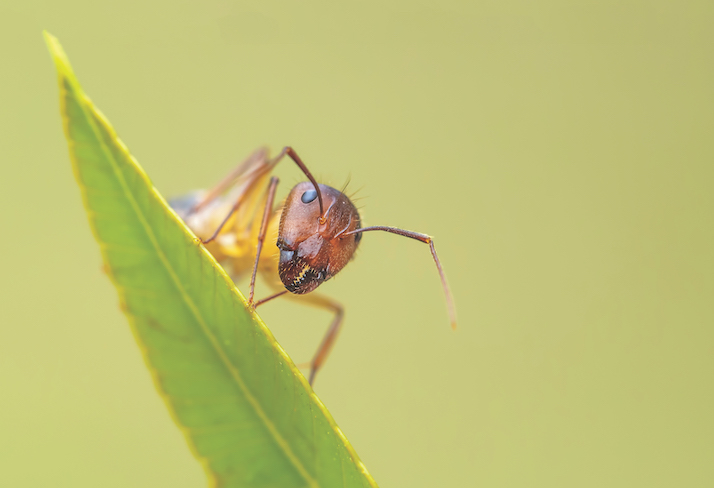

CANCELLED: Samir Okasha — The Metaphor of Agency in Biology
27 March 2020
It is striking that evolutionary biology often uses the language of intentional psychology to describe the behaviour of evolved organisms, their genes, and the process of natural selection that led to their evolution. Thus a cuckoo chick ‘deceives’ its host; a worker ant ‘prefers’ to tend the queen’s eggs to those of other workers; a swallow ‘realises’ that winter is approaching and ‘wants’ to escape it; an imprinted gene ‘knows’ whether it was inherited paternally or maternally; and natural selection ‘chooses’ some phenotypes over others. This intentional idiom is a symptom of a broader way of thinking about and modelling evolution, which I call ‘agential’. This involves treating evolved entities, paradigmatically individual organisms, as if they were agents trying to achieve a goal, namely maximisation of reproductive fitness (or some proxy). The use of rational choice models, originally intended to apply to deliberate human action, in an evolutionary context, is one symptom of agential thinking. I offer a cautious defence of agential thinking in evolutionary biology. I argue that this mode of thinking does genuine intellectual work, and is not ‘idle metaphor’; however it must be used with care, for it rests on an implicit empirical assumption that is not always satisfied.
SPEAKER PROFILE
 Samir Okasha is a Professor in the Department of Philosophy at the University of Bristol. He is a Fellow of the British Academy, and President of the European Philosophy of Science Association. His philosophical interests fall into two main areas: (i) philosophy of biology / evolutionary theory; and (ii) epistemology /philosophy of science.
Samir Okasha is a Professor in the Department of Philosophy at the University of Bristol. He is a Fellow of the British Academy, and President of the European Philosophy of Science Association. His philosophical interests fall into two main areas: (i) philosophy of biology / evolutionary theory; and (ii) epistemology /philosophy of science.
Within philosophy of biology, he is especially interested in foundational and conceptual questions surrounding evolutionary theory. For many years, his research focused on the ‘levels of selection’ question in evolutionary biology, and the related issue of individual versus group conflicts of interest. This culminated in his book Evolution and the Levels of Selection (OUP 2006), which was awarded the 2009 Lakatos Prize for an outstanding contribution to philosophy of science. He continues to work on these topics.
Within epistemology / philosophy of science, he is interested in topics including probability and induction, evidence and confirmation, causality, theory choice, scepticism and knowledge, and epistemological holism.
Read more about Samir Okasha.
